Deep Blue Globe, the 2018 winner of the Galileo Masters Hesse Challenge and 2019 Copernicus Masters finalist, is a startup based in Darmstadt (Germany) that develops AI (artificial intelligence) solutions for the maritime industry based on space technology. Founded by a team of engineers working for the European Space Agency (ESA), Deep Blue Globe wants to bring advanced technologies used in the IT and NewSpace sectors to revolutionise the maritime industry.
During its journey, Deep Blue Globe has received support from ESA through its incubation in the ESA BIC network and additional contracts to develop the required technology. ESA support, together with the partnerships and collaboration agreements established with NVIDIA and the WEkEO consortium (including EUMETSAT, Mercator Ocean and ECMWF) helped the company to develop Poseidon, the maritime voyage routing tool that takes into account Earth observation (EO) data, weather conditions and the maritime traffic in order to provide the optimal route to vessels so the maritime operators can save time, fuel and money in their journeys.
Poseidon benefits
Poseidon provides a service to perform routing optimisation for the journey any kind of ship from local to international routes, bringing several benefits to the customers:
- Reduces costs thanks to the savings in fuel consumption
- Reduces the time of the maritime journeys
- Increases safety during maritime navigation
- Reduces CO2 and SOx emissions
- Weather routing optimisation considering any operational constraint
- Provides quantitative information
- Performs autonomous re-planning
- Near-real-time update into ECDIS (Electronic Chart Display and Information System)
Poseidon is interesting for any kind of maritime operators for various reasons, all of them derived from the need to avoid adverse weather conditions in an automatic process that can be integrated with no effort into their existing infrastructure on board the vessel.
Some of them are interested to reduce fuel expenses (around 45% of the operational costs for maritime shipping companies) while others, like cruise ships, are mainly interested in avoiding adverse weather conditions so the tourists have a more pleasant journey. Other customers, like fisheries, greatly appreciate the automatic and dynamic update of the optimal route so they can focus on capturing and processing the fish in deep sea without having to manually review the route plan often.
Deep Blue Globe is currently looking for partners and prospective customers willing to join the group of early adopters of Poseidon. Validation and integration tests on-board operating vessels are currently ongoing with very positive results for the maritime operators, who are willing to integrate the solution as soon as the operational service is launched.
There are clear benefits for the maritime operators to use Poseidon but there is also a huge benefit for humankind in general because, by avoiding adverse weather conditions, the fuel saved will help to dramatically reduce the environmental footprint (e.g. the 15 biggest ships in the world generate as much SOx as all of the cars worldwide and the maritime transport industry is responsible for 2% of the global CO2 emissions).
Deep Blue Globe has embarked in a very ambitious endeavour to help both maritime operators and the environment, but the long-term vision has an even more ambitious plan:
Establish autonomous maritime navigation powered by AI.
Winning the 2018 Galileo Masters Challenge for the Region of Hesse has been of great help for Deep Blue Globe. Thanks to the award, on top of the additional visibility obtained, the company was invited to the 2018 E-GNSS Accelerator Bootcamp in December during the European Space Week in Marseille, France.
We presented our project Poseidon and our company to a jury of experts and were named Overall Winner of the 2018 E-GNSS Accelerator Bootcamp, which allowed us to have further expert mentoring and support from the regional partner, ESA BIC Darmstadt, as well as contacts with other companies interested in our expertise to support other projects.
About Pablo Ruiz Sanchez:
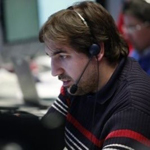 Pablo Ruiz Sanchez is the Managing Director of Deep Blue Globe UG as well as a Spacecraft Operations Engineer at ESA/ESOC. He holds a BSc and MSc in Aerospace Engineering from the Universidad Politécnica de Madrid as well as a Masters of Professional Development and Business Administration.
Pablo Ruiz Sanchez is the Managing Director of Deep Blue Globe UG as well as a Spacecraft Operations Engineer at ESA/ESOC. He holds a BSc and MSc in Aerospace Engineering from the Universidad Politécnica de Madrid as well as a Masters of Professional Development and Business Administration.
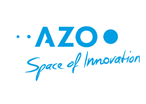
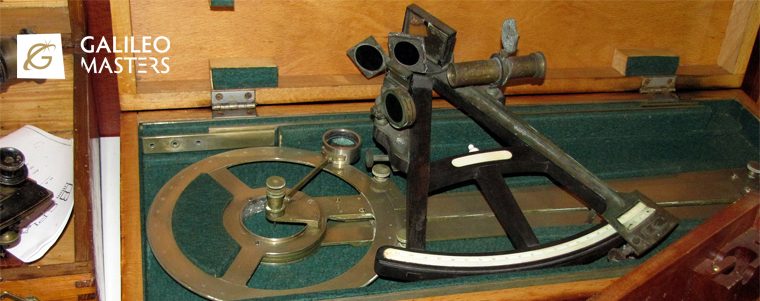

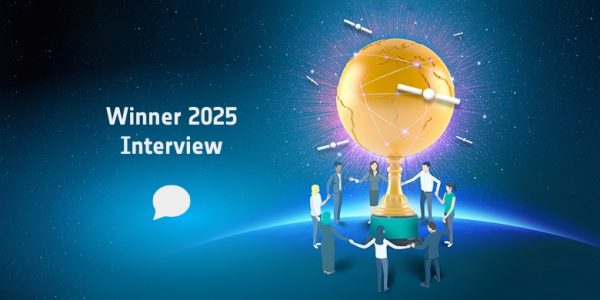
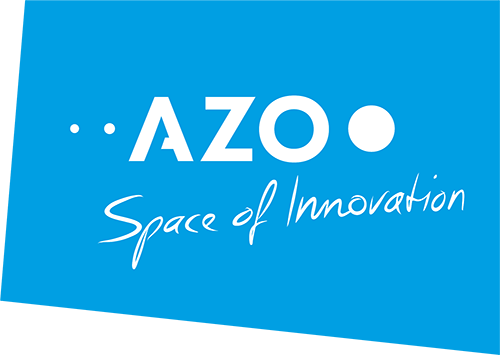
Comments are closed.